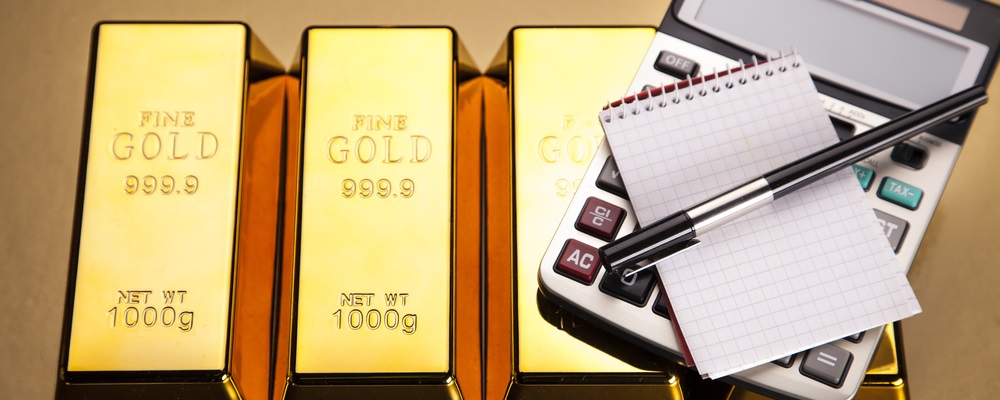It’s hard not to love stocks right now. The Dow Jones Industrial Average just conquered another high, breaking through the 22,000 level for the first time, and it is now sitting on a year-to-date gain of more than 11%.
Tech stocks have led the Nasdaq Composite sharply higher, and it’s up more than 18% since the start of 2017.
That’s far better than London’s FTSE, which is up only 3%, or the German DAX, which is up less than 6% on the year.
The American market keeps marching higher, making stocks attractive.
But investors are still buying up gold. The yellow metal is up roughly 9.7% this year, not far behind stocks.
I’ve had a lot of people write in and ask why it’s important to own gold. It’s like insurance, simple as that.
No one really knows what the outcome will be as America, and indeed the rest of the world, faces up to the challenge of repairing and reviving a troubled economic landscape.
Gold offers an alternative — a way to diversify your wealth.
The real question is, what’s a safe, secure, cost-efficient way to own precious metals?
A Critical Hedge for Your Assets
Adding gold to a portfolio frequently presents investors with a frustrating conundrum. The knee-jerk reaction is to simply snap up shares of an exchange-traded fund (ETF) such as the SPDR Gold Trust (NYSE: GLD), but the ETF comes with an annual expense ratio of 0.4% that is eating into your returns.
And if real trouble hits the market, you’re just holding paper — not the actual bullion.
Should the market actually crash, would you rather have a paper investment, or possess physical gold bullion to hedge your assets?
Of course, the next dilemma is, if you decide to buy actual bullion, you’re left trying to figure out where to buy it. Do you get bars or coins, and how do you safely store them? Is it time to invest in that big safe for your house?
Luckily, one solution is offered through my friends at EverBank, a division of TIAA, FSB: an automatic purchase plan for gold, silver, or even palladium or platinum through the bank’s non-FDIC insured Metals Select® Unallocated Account program.
It’s easy to set up, and very affordable.
The Metals Select® Unallocated Account allows you to own, for a minimum of $5,000 (or an automatic purchase plan of at least $100 a month), an undivided pooled interest in gold, silver, platinum or palladium, maintained by a third-party repository, without specific segregation to EverBank or any other holder.
Since the metal you own is unallocated, there is no delivery available, nor is there an annual account fee.
Best of all, you can always convert to an account with allocated coins or bars (costs apply) if you want to do so at a later date.
Best of all, you have peace of mind in knowing that EverBank, when selling or purchasing metals to or from you, will offer a customer price that is within 1% of the price available to them.
Click here for more information and details on EverBank’s non-FDIC insured Metals Select® accounts.
Keep in mind, the account is not FDIC insured, and may lose value. It isn’t guaranteed by the bank or the government, nor is it a bank deposit. Purchasing or owning metals involves degrees of risk that make them unsuitable for certain individuals.
Also, I need to point out that EverBank has a paid marketing relationship with Banyan Hill Publishing. But, like I said earlier, owning precious metals is like an insurance policy. And EverBank’s Metals Select® Unallocated Account may be a good way to make sure your wealth is prepared for all contingencies.
Take Steps Today
The market has enjoyed a stellar run over the past several years, regularly tagging new highs. But as every investor knows, the market never heads in a straight line. Regardless of whether it happens next week, next month or next year, stocks will once again suffer a pullback that will significantly eat into your profits.
Historically, gold has served as a hedge against market turmoil, providing investors with gains while stocks are trapped in the red.
Diversifying your portfolio today with gold will keep you prepared when the next correction happens.
Kind regards,

Jeff L. Yastine
Editor, Total Wealth Insider




